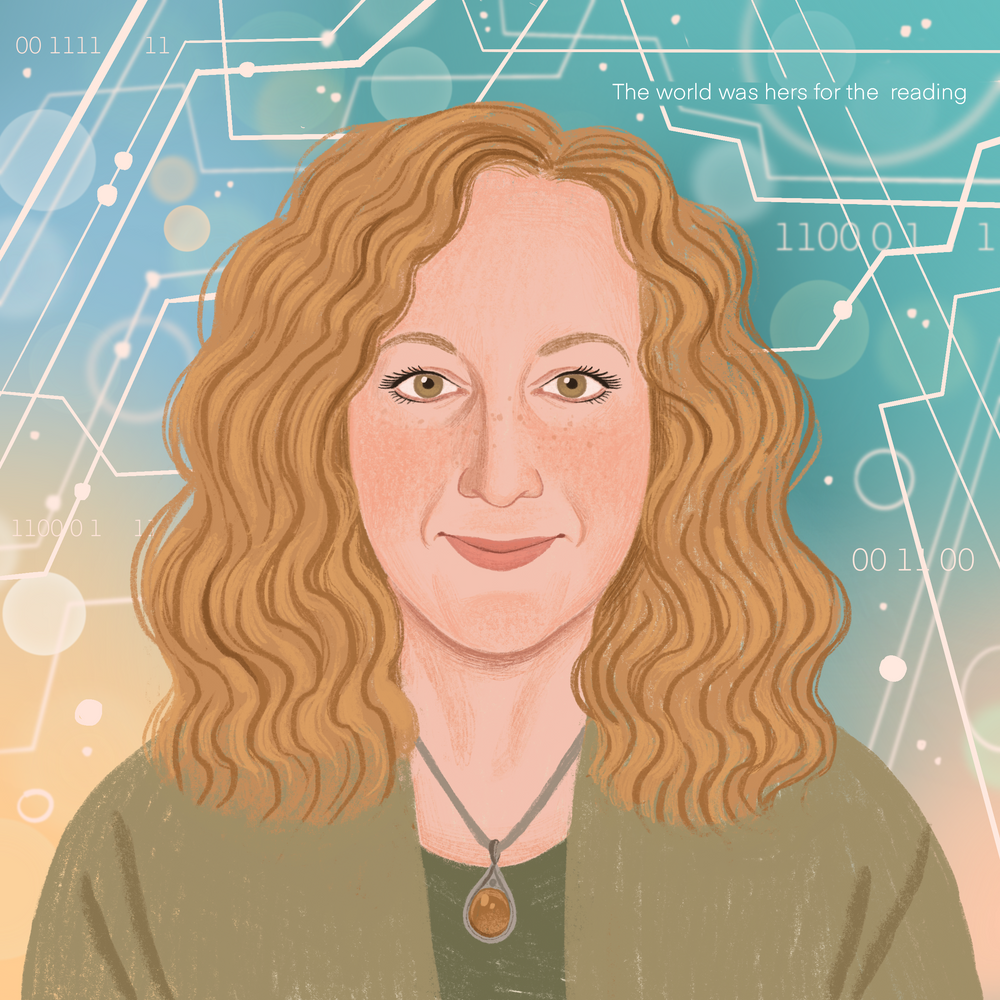I went to the SCASL conference this past Thursday and Friday. The conference was awesome. It was time and money well spent. I am up to my ears in technology at school and I have been neglecting the book part of my job. I chose to attend sessions without a technology focus as a librarian-chakra balancing prescription. I think it worked. Here are a few of the tools, ideas, tips and tricks that I will be returning to and sharing with my fellow teachers.
At the Reimagining Education @ Your Library session with Janet Boltjes & Valerie Byrd-Fort:
At Martha Taylor's session, "Feeling Overwhelmed? Apply the KISS Principle"
Donalyn Miller's Keynote - check out the slide share. How do you get your students to read over 6,000 books using no extrinsic motivation (grades, AR, incentive parties)?
- Check out the Bud the Teacher Blog. Wow. (I needed a Kleenex for his provocateur video.) The post the presenters featured, Safe Places and What is Yet to Come is about School Libraries. I think I may have to dedicate a post to this article. Powerful Stuff.
- Reimagine Ed, coolness! Check it out.
- Libraries need to be the place where students go when they want to create something.
- Improv rules can help you. The ones I learned about at this conference are: 1. Listen, 2. My idea is good, your idea is better, 3. Say YES, AND. 4. Ask What if? 5. Agree. (Game Changer!)
- Marker boards as creative spaces in the library
- A stage in the library? Hmm. Cool idea.
- Must get furniture sliders!

- A way to practice citations with class check outs or orientation is to have students create simple citations of one of the books they are checking out. Put names on the citations slips, use them in a drawing.
- Book citations can be exit slips
- I need to be using student and teacher evaluations for every unit I teach with one of my colleagues. This documents what was taught, and the results, and gives feedback for improvement. I can see where this would be very helpful for advocacy efforts. (instructional evidence)
- After working with a class, look at students finished products and determine the percentage of students who used high quality sites in their research. (instructional evidence)
- Provide a generous circulation allowance for non-fiction items.
- Check out those live scribe pens.
At "Research, Welcome to the Big Easy" with Connie McClanahan & Denise McDougal
- Think about offering a proofreading service to my students. Require papers to be submitted 24 hours in advance. At least offer bibliography checking.
- Try starting with books first when researching because the information is limited and not as overwhelming. This will help students select a focus and refine what they want to discuss in their paper or project.
- When collaborating with teachers on class research projects we must teach the research process.
- We need to go back to "old school" style research projects and require note cards to discourage plagiarism.
- Copy four note cards on a piece of paper to eliminate the lost note cards problem.
- Consider limiting students to one sheet of paper per source.
- Students can cut up the paper and organize note cards into topical sections when writing.
- Check the source cards and then let students go on to the next step.
- I think I'll use these suggestions with my "mini research paper" and see what happens.
- We should discourage overuse of topical research.
- Librarians should keep a lesson plan book.
- Document and report the student work that was done in the library.
- Use assessments to evaluate successes of instructional strategies.
- Programs should be defined, predictable, measured and reported
- "We teach success.", "We teach process."
- Dr. Shannon's introduction of Donalyn Miller made me cry.
- Donalyn Miller is coming out with a new book called Reading in the Wild!
- Great idea, have students make signs at the end of the year with the number of books they have read.
- Krashen - The single most important factor in reading skill is independent reading.
- University of Oxford study - Reading books is the only out of school activity for sixteen-year-olds that is tied to getting a managerial or professional job.
- Reading fosters empathy
- We need more reading time beyond SSR.
- During SSR, everyone needs to do nothing but read . That is not happening.
- Allington - higher achieving students read three times as much as lower achieving students
- To carve out more reading time: eliminate bell ringers and fast finisher activities, make explicit reading plans.
- We must increase students access and exposure to books. Don't look at classroom libraries as threats.
- Reading doors - great idea. All faculty makes one showing what they are reading.
- Donalyn Miller helped create the Nerdy Book Club! Look for my post in April!
- I need to read The One and Only Ivan. ( I needed a Kleenex just listening to her talk about it.)
- I also attended one of her sessions and met a couple dozen new books that I can't wait to tell my students about.




3 comments:
Nice summation of a great conference! You reminded me of some things that I had not written down. Thanks!
BLong
Thank you very much!
Hello. I just "surfed by" and wanted to say that I'm loving the idea of a stage in a school library.
Post a Comment